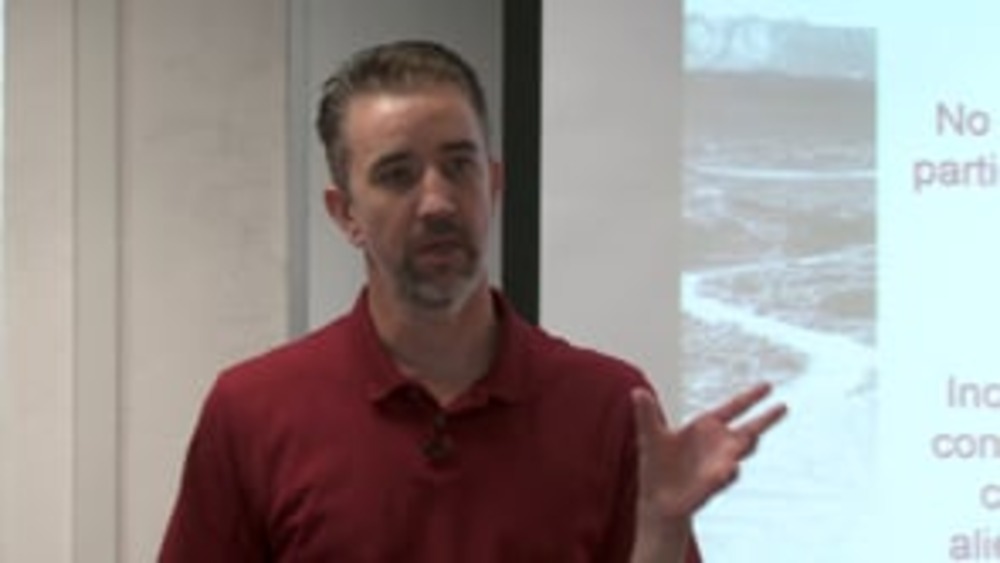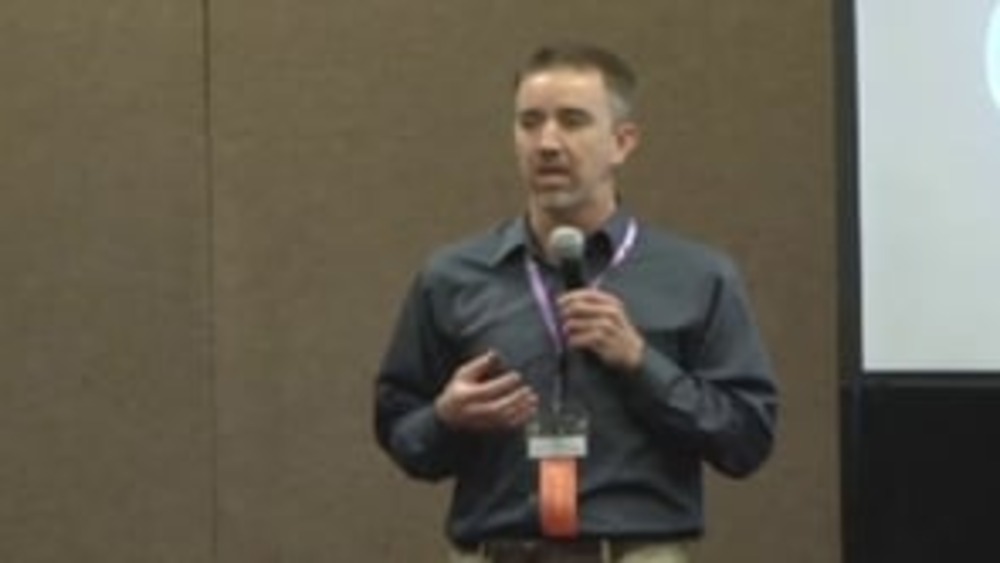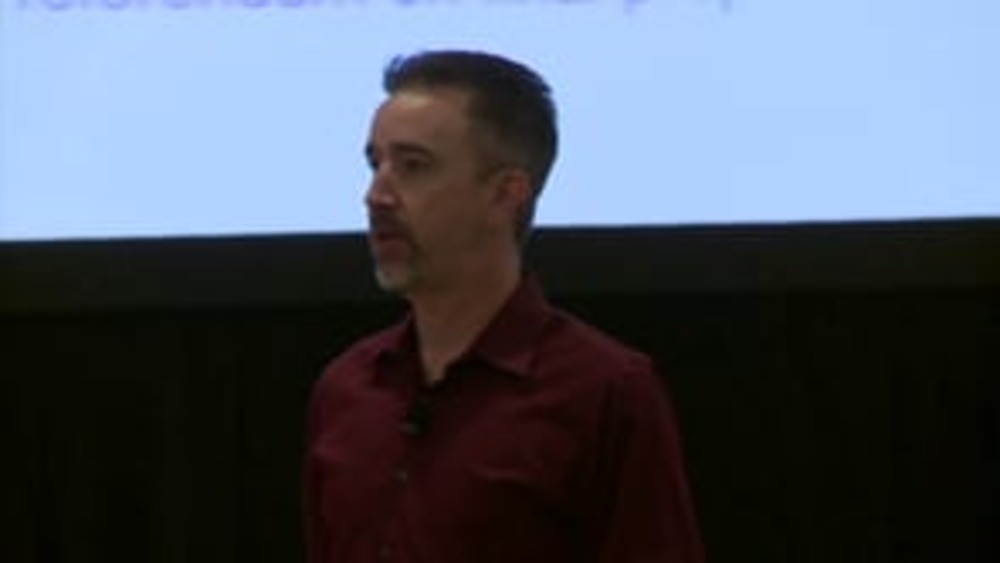In this highlight from the presentation "Defining Constitutions and the Movement to Remake Them," Ian Record discusses two of the many challenges that Native nations typically encounter when they move to change their existing constitutions or develop new ones.
Additional Information
Record, Ian. "Some of the Difficulties of Constitutional Reform (Presentation Highlight)." Tribal Constitutions seminar. Native Nations Institute for Leadership, Management and Policy, University of Arizona. Tucson, Arizona. April 2, 2014. Presentation highlight.
Transcript
"Legacies of colonialism complicate it [constitutional reform]. I've had the great fortune of sitting down with Joe Fliles-Away, who you heard from this morning, and he often discusses when it comes to the issues of constitutions and constitutional reform -- and he may have shared it again with you this morning -- that it's really hard to do in Indigenous communities because you have so many people in your communities who are dealing with the legacies of colonialism, they're dealing with those traumas, however they're manifested whether it's substance abuse, alcohol abuse, violence in the home, whatever that is and you're trying to get them to care about their constitution and get them to provide input on how to change it. It's really, really difficult to get that person to contribute to this process because ideally you want everybody in your nation providing their voice to your constitution because your constitution is, ideally, supposed to be an expression of the will of the people. Frank Ettawageshik said it yesterday -- the constitution is the vehicle through which the people inform the government how they want the government to serve them and ideally you want all of your people providing that voice to that government.
So you have the legacies of colonialism. You have this issue of time. I'll never forget, and it was only a few months ago, we received an email from a tribe that we've been working with on and off over the years and it was from the chairman of the tribe and he sent us this email and he said, 'We're talking about constitutional reform here.' He said, 'I've only got X number of months left in my term.' He goes, 'I want to get this thing done before we get out of office or potentially I get booted out and somebody else comes in who may not share my belief that constitutional reform is a necessity for our tribe.' So he says, 'Here's the process I've laid out.' And we were reading through it and basically he had it in mind to come up with an entirely new constitution within six weeks. Six weeks. This is a nation of more than 5,000 people and he said, 'We can go from initiating a conversation with the community to having a draft constitution in six weeks.' It's not realistic. It's not realistic.
And so you really need to be cognizant of that issue about time because if you're going to engage in meaningful... a meaningful dialogue with your people around this issue of constitutionalism and what you want your constitution to look like moving forward, you've got to be very cognizant of time. You've got to understand going in that it's an organic, messy, unpredictable process and you can pre-plan it as much as you can and try to design the perfect process and inevitably you're going to have to retool, you're going to have to re-task in the midst of it because it's unpredictable. Unforeseen obstacles are going to arise and the idea that you can do it in that short a timeframe, it's just...it's on one level insane because it sort of assumes that you're not going to get to that level of engagement that you need to have with your people because often the challenge you face at a fundamental level is your people do not have ownership in that system, often because that system is not theirs. And so if you're serious about re-instilling in your system of governance a true sense of ownership by the people in that system, it's going to take time."



